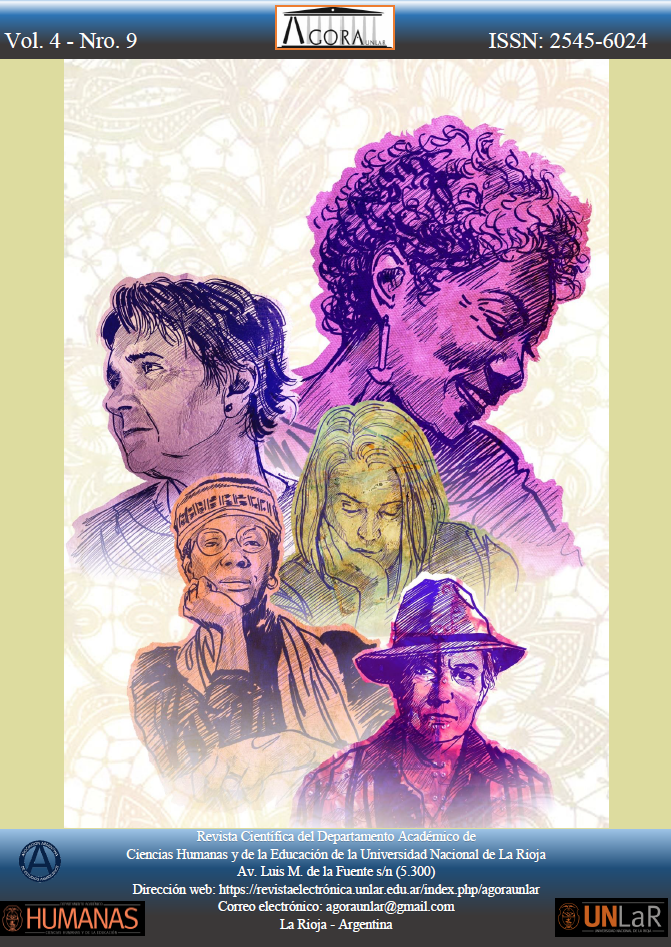LA PIANOLA, DE KURT VONNEGUT: HUMOR Y DESALIENACIÓN
Palabras clave:
Vonnegut, humor, alienación, mitoResumen
La primera novela de Kurt Vonnegut, Player Piano (1952), introduce, a través de recursos como la parodia dearquetipos bíblicos y la polifonía en clave satírica e irónica, una representación de la contienda entre los mitosideológicos de una tecnocracia totalitaria, por un lado, y una facción ludita revolucionaria, por otro. El humor,la formación antropológica, la experiencia vital y el talento literario del autor se conjugan en una estéticaaccesible, particularmente atractiva para una juventud lectora que busca en la literatura claves para orientarse(en un contexto polarizado como el de la Guerra Fría) y una voz confiable, dispuesta a abordar la complejidadcon sencillez, a enfrentarse a las contradicciones y paradojas con el auxilio de la razón y la risa. Gracias a lafunción cognoscitiva y liberadora propia de la experiencia cómica, que implica la capacidad de pensar en másde una dimensión, de admitir diferentes perspectivas, los mitos ideológicos son desenmascarados y el lectorinexperto es iniciado en la apreciación de la ficción y su ambivalencia, el dilema ético y la responsabilidad deejercer un pensamiento crítico. KURT VONNEGUT’S PLAYER PIANO: HUMOR AND DE-ALIENATIONAbstractKurt Vonnegut’s first novel, Player Piano (1952), pictures through parody, irony, satire and polyphony, theconflict between two ideological myths or narratives: one sustained by a totalitarian, technocratic regime, whilethe other is held by a revolutionary Luddite group. The author’s anthropological background, life experiences,literary talent and humor converge in a work that is aesthetically appealing to young readers who seek inliterature keys to find their way around in polarized times such as the Cold War period; readers who yearn fora trustworthy voice, one that is willing to approach complexity and face paradoxes and contradictions in thesimplest terms, with the aid of reason and laughter. The experience of the comic fulfils a cognitive function,insofar as it entails the capacity to admit different points of view, to associate aspects of reality previously nonassociated.This allows for ideological myths to be unmasked, deconstructed, and for the amateur reader tobe de-alienated and initiated into the appreciation of fiction and its ambivalence, the pondering of ethicaldilemmas and the importance of critical thinking.Key words: Vonnegut; humor; alienation; mythDescargas
Publicado
31-08-2019
Número
Sección
ARTÍCULOS DE INVESTIGACIÓN O REVISIÓN TEÓRICA





